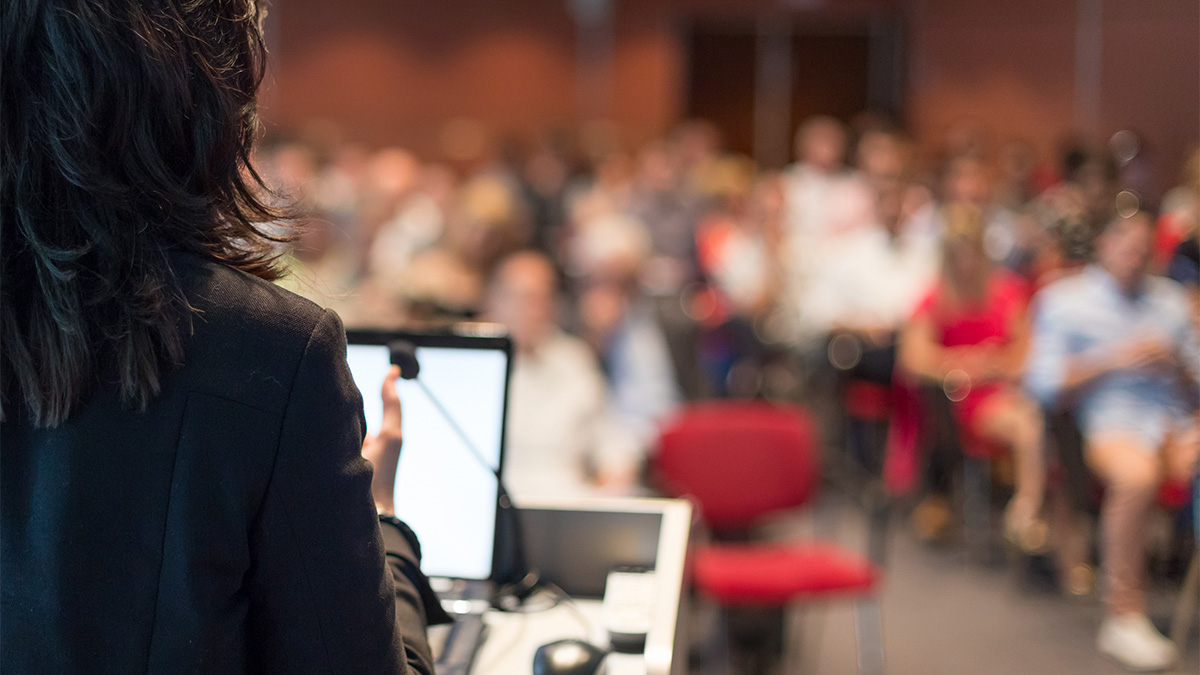Reading Time: About 3 minutes
Imagine that you’re at a party and that you suddenly feel very ill. A doctor at the party, whom you don’t know, tells you with absolute certainty that you have swallowed poison and must get to a hospital immediately to have your stomach pumped. Next to this doctor is one of your dearest childhood friends who swears that she encountered the same situation last week and that you’re merely having an allergic reaction to a nasty seasonal pollen. She says you’ll be fine in a few hours after you get some rest and drink a cider vinegar tonic.
Whose advice would you follow?
It seems pretty obvious, doesn’t it?
Don’t be so sure.
We don’t always heed the experts. In fact, “experts, academics, and intellectuals” have been ignored and vilified a lot over the years. Consider the anti-vax movement as proof. Despite the fact that an overwhelming majority of pediatricians urge Americans to vaccinate their children, the US has recently encountered troubling outbreaks of measles in very affluent and educated communities. The advice to abstain from vaccinations has mostly come from influential non-experts, like former Playboy model and television personality Jenny McCarthy.
Consumers frequently ignore experts. But a lot of brands persist in making their case by enlisting expert endorsements.
Fisher-Price is a global brand that has provided families with toys and gear for nearly 100 years. It is synonymous with “preschool." But when its team approached me a few years ago for branding advice, sales were in decline.
For decades, pediatricians and child development specialists persuaded parents that Fisher-Price was the safest choice for their children. These experts educated parents on how the brand’s meticulous design and testing approach created toys that helped children learn and that stimulated their cognitive development. While the endorsements didn’t subside, their impact did. The latest generation of American parents relies more upon the recommendations of their friends and what they discover on social media. These sources gave rise to upstart and knock-off brands that held far weaker credentials than Fisher-Price. To address the sales challenge, the brand had to change its message to parents. “Experts say…” wasn’t enough.
Before you collaborate with an expert to promote your business or cause, you need to understand a curious contradiction.
A 2010 study in the Journal of Consumer Research found that people were more persuaded by very certain non-experts than they were by equally certain experts. Their findings had a second aspect of counter-intuitiveness: experts could be more persuasive when they expressed more uncertainty in their opinion.
Record scratch.
What is going on? It’s one thing to learn that a social media influencer with no formal degree in anything can persuade you more than a credentialed expert, but how is it that the same expert may be more persuasive by being a little less confident in his or her recommendation?
The answer revolves around the power of relatability and involvement. A movie review from an expert critic who decrees the latest blockbuster is a “must see" persuades us less than the relatable-but-amateur friend who says the same. Pious experts excel at driving disengagement. But when they allow themselves to be uncertain—to share a doubt, discuss a reservation, or just reveal they’re not perfect—their power to persuade dramatically increases.
The lesson is a little complicated to put in practice. You might find very satisfying results by tapping non-experts to make the case for your cause. Confidence is the key Ingredient. Non-experts must make their case with absolute certainty. Heavyweight boxing champ George Foreman was an expert in the ring, not the kitchen. But he sold an awful lot of grills with charismatic confidence.
Experts, however, need to go easy on the confidence. They need to be relatable; to lead with “agrees” and not their degrees. And (this is the hard part) they should be confident sharing what they don’t know. They should confide their doubts. For example, an expert advocating for parents to vaccinate their children might lead with, “to be honest, I get nervous every time my own kids get their vaccinations. I don’t like giving my kids shots. But here’s what the science reminds me…”
As I write this I am reminded of my formative years growing up in Southern California, listening to Loveline on KROQ. Co-host Dr. Drew Pinsky was a powerfully effective expert, not because of his impressive credentials (which he has to boot) but because of his willingness to tell a caller he didn’t know an answer to a question, or to acknowledge that the subject was outside of his area of expertise. On the tragic night that Kurt Cobain died, I tuned in to Loveline and was moved by the way that Pinsky helped a legion of listeners cope (some who expressed their own thoughts of suicide). He didn’t do it by stating his relevant experience as a physician who specializes in addiction. He did it by empathizing with the audience, revealing his own sense of solace, and proving that he was a human who happened to have expert knowledge that could help us grieve and carry on.

